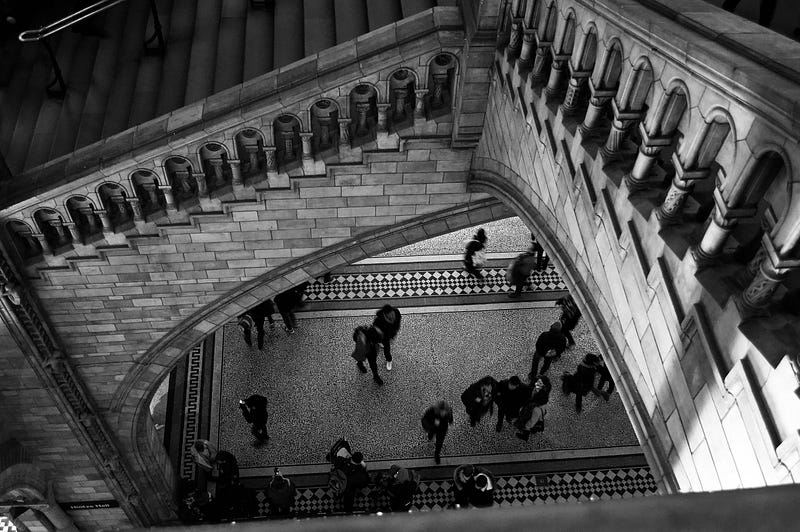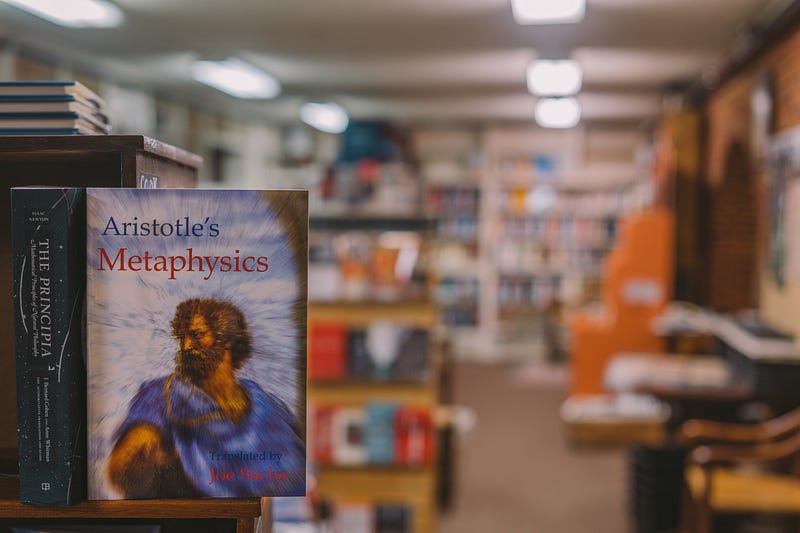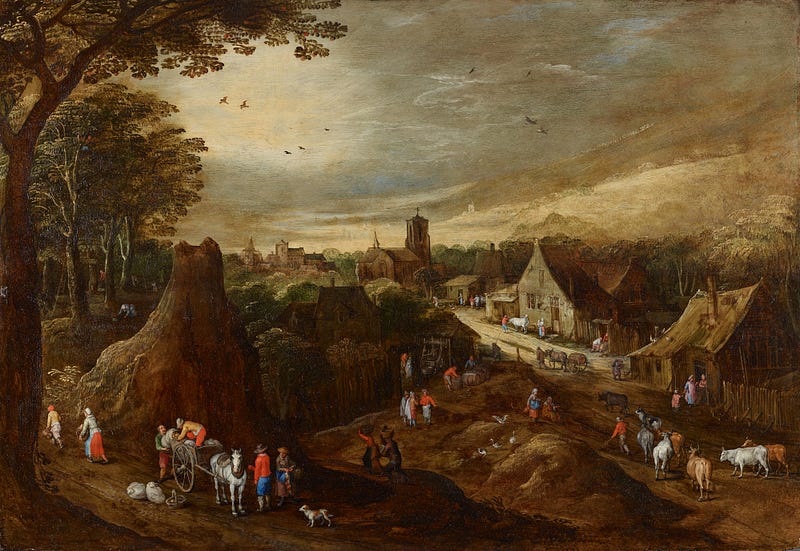A Discussion of Bourgeois Equality Chapter 60 “And Liberating in Production”
Dr. McCloskey spears “one of the left’s economic dogmas” in this chapter — wage slavery. (p. 569)
By dogma she means any “passionate belief held uncritically”. (p. 569)
She notes wage slave is defined as “a person who is wholly dependent on income from employment” by The Concise Oxford Dictionary of 1999. (p. 572)
That definition applies to most people, at least those of who are not retired or independently wealthy. Does that mean the majority of US workers are slaves?
McCloskey argues using such a provocative term cheapens the word when it can be applied to an average middle class worker in the US, for example.
To be a slave means we are working for no compensation and as she notes none of us owe unpaid service to any boss.
Paid employment is the satisfying of other people in exchange for a wage. Slavery by contrast is a violent extraction, not an exchange, and has nothing to do with pleasing anyone except the owner-by-violence of the product of another human being. (p. 570)
She acknowledges that “a free laborer may be poor,” but poverty and slavery should not be confounded.
The reasons the pay is low should be addressed: the underdevelopment of the economy, the corruption of business/government partnerships, and these sorts of root causes need to be investigated and corrected.
Using emotionally provocative language like wage slave simply evokes unfocused anger at the system rather than a careful examination of the root causes that could lead to improvement.
She strikes deeper at the attitude behind the term wage slave, and notes it comes from a suspicion of the trade tested system of betterment that has given us the Great Enrichment.
It is what the left clerisy has always feared, and much of the right clerisy, too. They in effect fear the human dignity, and the corresponding risk, of free labor…which is the root of one’s youthful attachment to socialism. Let us, a guilty because privileged clerisy, take care of you, you sadly childlike…poor folk…(p. 571)
This paternalistic view also explains the attacks on sweatshops.
Stopping people from taking terrible jobs…takes away from the poor what the poor themselves regard as a bettering option. It is theft of deals the poor want to make. (p. 572)
She is not saying sweatshops with low wages and unpleasant working conditions are great as they are, but that they may be the better option to begging or crime.
She uses the economist Milton Friedman as an example of how sweatshops in one generation can lead to improvement in the next if you are operating in a trade tested system of betterment.
His parents apparently worked for a short time in the New York garment district to support their family, which ultimately allowed them to offer a better life to their children and grandchildren who went on to college and higher paying jobs. (p. 572)
This is similar to the reasons given to more modern day workers in China from a Ted Talk by Leslie Chang.
Denying them, and people around the world, the opportunities to work at what our clerisy consider sweatshops could prevent any improvement at all. This is the reason people line up for these jobs.
Wage labor is a part of capitalism. Prior to its rise, more people worked as serf on a feudal manor, keeping some of their harvest but owing much of it to the lord and king.
However, wages in a system of trade tested betterment are paid in proportion to productivity of a good or service that people want.
As she explained in the prior chapter, the profit seeking nature of the trade tested system of betterment is altruistic in that you can only make profits by providing the goods and services that people want.
Likewise, a person will be paid for his work “in proportion to how well he serves other people.” (p. 570)
Our clerisy would serve us better by not interfering with our decisions of where to work and for how much.
They would serve us better by extolling the virtue of a hard day’s work for honest pay.
They would serve us better by instead looking closer in their ranks at the unfair, artistocratic-like system they participate in that leads to the unchecked growth in monopoly power of some businesses that then cozy up to the government in an unholy alliance.
But of course, that is the very system many of them are benefitting from. It is much more preferable to them to sit as judge on those they consider in need of their help and take away their opportunities for their own good because, as McCloskey said above, they fear the risk of free labor.
Reference: McCloskey, Deirdre Nansen, 2016. “And Liberating in Production,” Chapter 60 of Bourgeois Equality, The University of Chicago Press.




